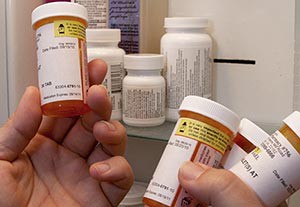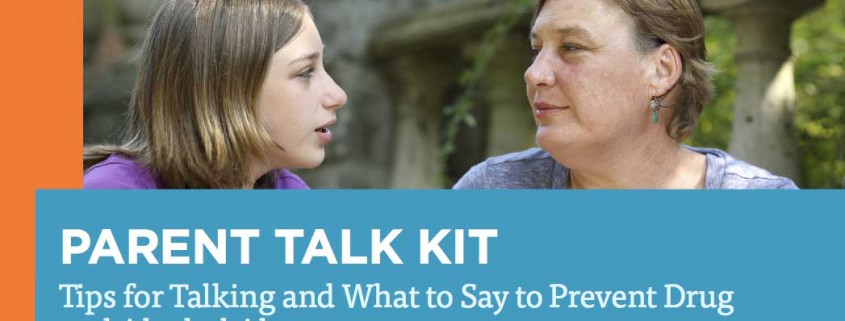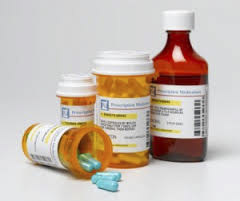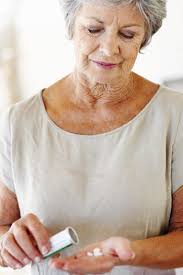Laconia, NH Naloxone Event a Success
Partnership for Public Health hosted their first Naloxone Distribution event in Laconia, NH on January 11, 2016. This event provided an opportunity for community members to learn about Naloxone and how to properly administer the drug in the event of an overdose. It was well attended by over 50 community members and approximately 45 kits were distributed. Resources were provided by, Insurance Marketplace PPHNH, Stand Up Laconia, LRGH, Horizons Counseling Center, Health First, F.A.S.T.E.R, Genesis Behavioral Health & Recovery Advocate Jane Sparks, with Naloxone training provided by Laconia Fire Department and LRGH.
Days after the event, Naloxone from one of the 45 kits distributed was successfully administered to an overdose victim in the community. We consider this event a great success as it has already made a direct impact on the health and well being of the community. We are looking forward to hosting a second Naloxone Distribution event in Franklin in February. For more information about the Partnership for Public Health, visit: www.pphnh.org. For questions about our region’s Naloxone events, contact: Lisa Leary at [email protected] or Kelley Gaspa at [email protected].





 What medications can and can’t be disposed of in drop-boxes?
What medications can and can’t be disposed of in drop-boxes? Medications play an expanding role in health care as we grow older. People are more likely to develop one or more chronic illnesses with advancing age, and appropriate medication can help seniors live longer and more active lives. However, medication use in older adults is also more likely to be associated with safety concerns. In this
Medications play an expanding role in health care as we grow older. People are more likely to develop one or more chronic illnesses with advancing age, and appropriate medication can help seniors live longer and more active lives. However, medication use in older adults is also more likely to be associated with safety concerns. In this